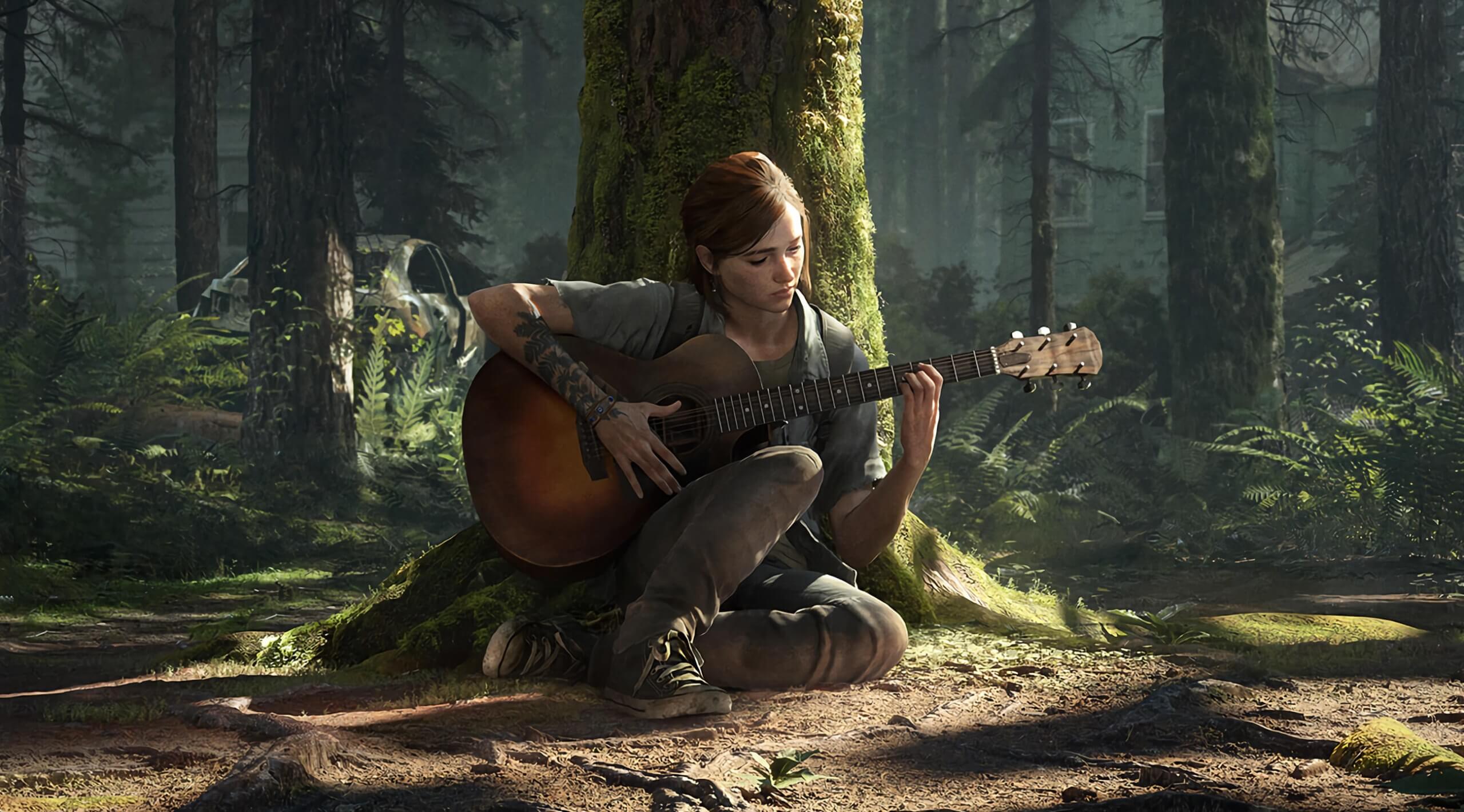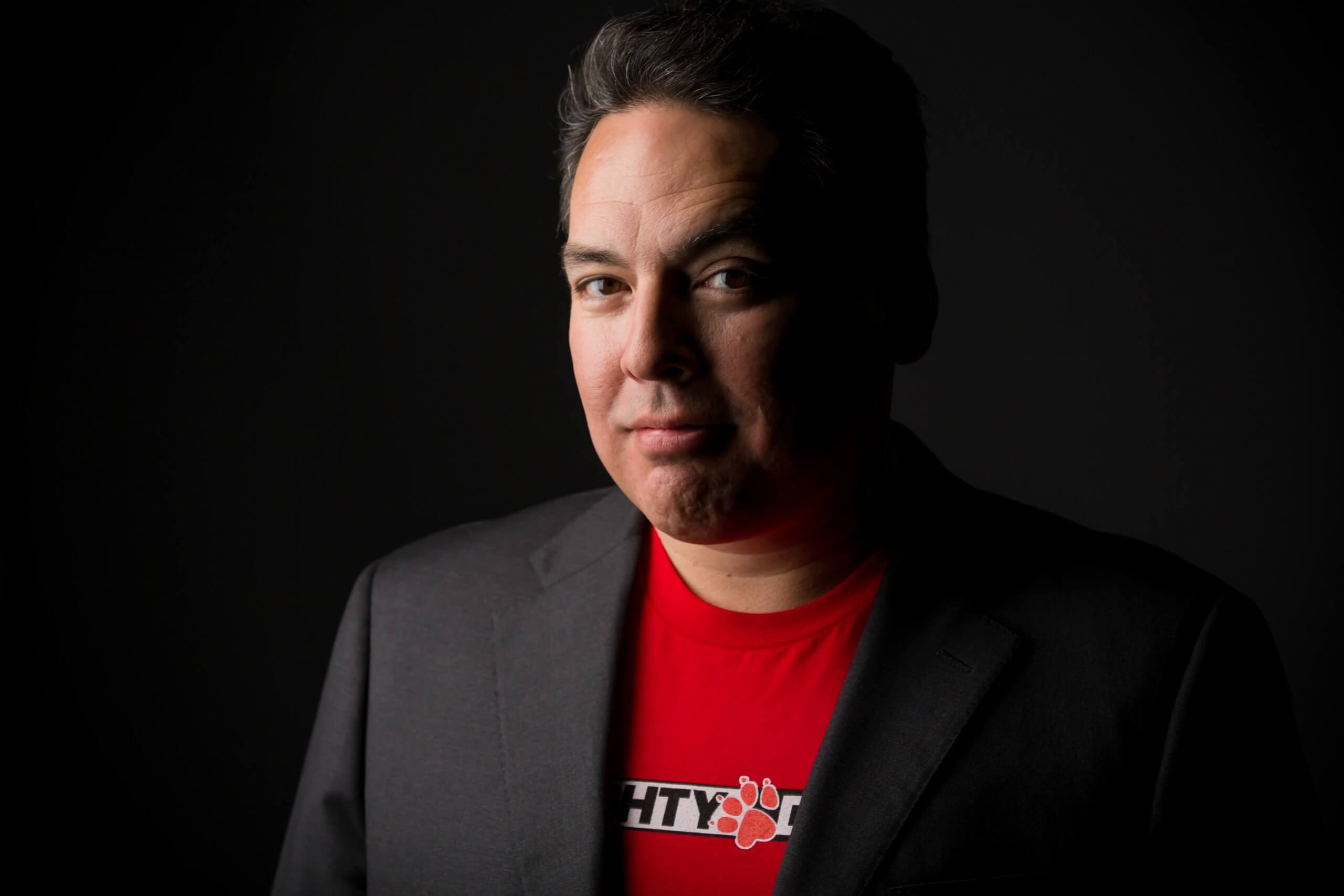In context: When it comes to video games, there are various complaints that players can have---cheaters, bugs, framerates---the list goes on. Not enough content or being too short is another, but what if a game is too long? How many times have you either not completed a game or interrupted it because something else came along?
The length of video games has increased over the years, from arcades where they lasted as long as you could survive to narratives that can take numerous hours to watch, let alone play through. The Last of Us Part II, for example, takes around 25 hours to complete---nearly twice as long as it's predecessor, and it's becoming common to see titles that take 50 or more hours to finish. So are games getting too long?
Shawn Layden, the former chair of Sony Interactive Entertainment's Worldwide Studios, thinks maybe they have.
"I would welcome the return of the 12-15 hour game," Layden told VentureBeat.
In addition to making it easier for players to finish more games, Layden points out that while games continue to grow in length and budget, prices have remained stagnant with only a $10 bump at the start of the PlayStation 3 era. He says this is "unsustainable."
"The cost of creating games has increased," he said. "Some studies show that's gone up 2X every time a console generation advances. The problem with that model is it's just not sustainable."

The average production cost of a triple-A game, before marketing is factored in, is around $115 million (arguably) and spends three to five years in development.
"I don't think, in the next generation, you can take those numbers and multiply them by two and expect the industry to continue to grow," Layden opined.
The time and money investment are not even the only factors in the equation. We have heard just within the last year or so, allegations of studios overworking developers with mandatory overtime during the "crunch" heading into launch. Whether forced or otherwise, working 14-16 hours per day can take its toll on physical and mental health and instigate family issues.
Plus, Layden points out that the extensive overtime sometimes required by these massive games merely adds to the already unsustainable business model. The solution, he says, is to return to the days of shorter games.
"Instead of spending five years to make an 80-hour game, what does three years and a 15-hour game look like? What are the costs around that? Just like a well-edited piece of literature or a movie---I've been looking at the discipline around that, the containment around that. It could get us tighter, more compelling content. It would be something I'd like to see a return to."
What do you think? Does a trend of a 15-20 hour game selling for $30-$40 sound appealing, or do you prefer the $60 (or more if you include DLC), 50+ hour epic?
